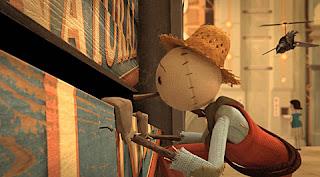According to a new study by Consumer Reports, there is not necessarily a link between high thread counts and more luxurious feel.
"Thread count is the number of vertical and horizontal threads per square inch. Not long ago, sheets typically had thread counts of 120 with 60 horizontal and 60 vertical threads. In the 1960’s, a sheet with a 180 thread count was considered a luxury. “Now you see 1,000 thread count sheets but you just can’t get that many threads on a loom,” says Pat Slaven, a textile expert at Consumer Reports.
To get that higher number, manufacturers use thinner strands of fabric twisted together as if they were one. Then they double, triple or even quadruple the thread count to make the number more attractive to the consumer. “It ups the count but doesn’t give you a better sheet,” says Slaven. “The sweet spot is 400.”"
The problem is that consumers are generally willing to pay more for higher thread counts...believing that these will be softer, more luxurious and more durable. And, if they were all of those things...perhaps they would be worth more money. But they aren't.
Also at issue is going by how sheets "feel" in the store. If you zip open the package of sheets and feel the sheets and they are soft, almost slippery to the touch....don't be fooled. Manufacturers apply "hand enhancers, silicone softeners" that wash out the first time that you do laundry.
Thoughts?







